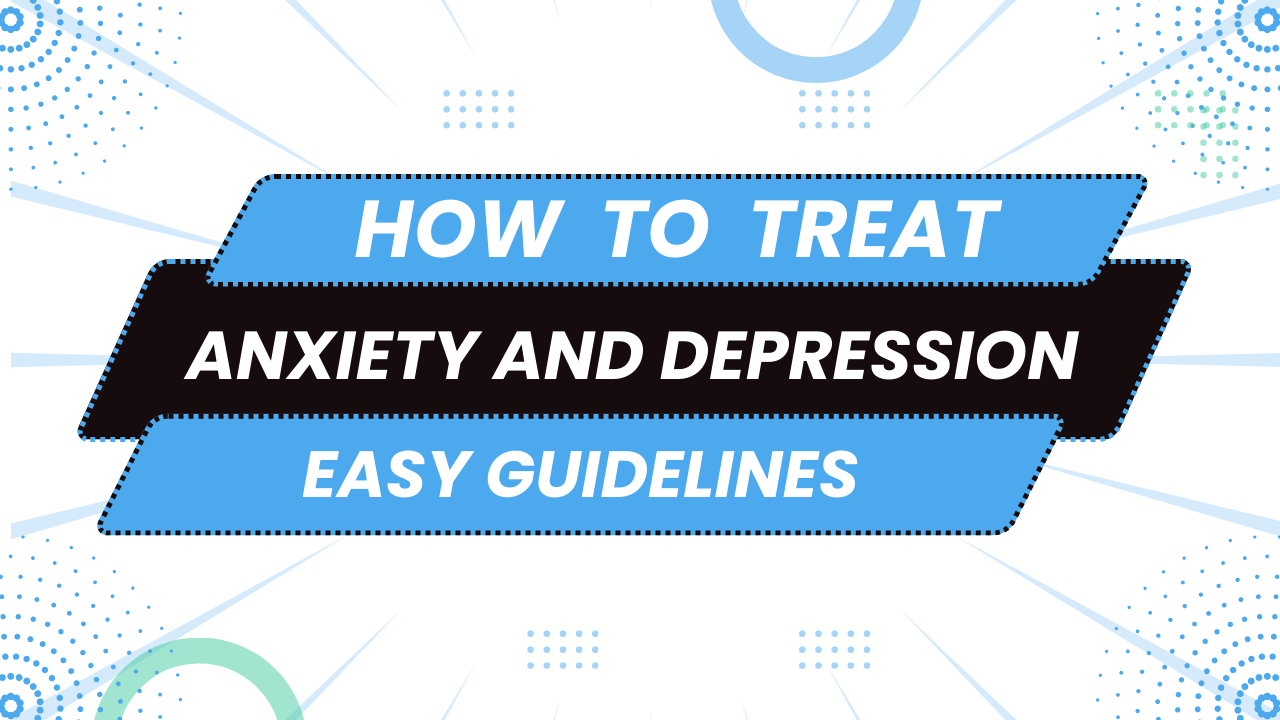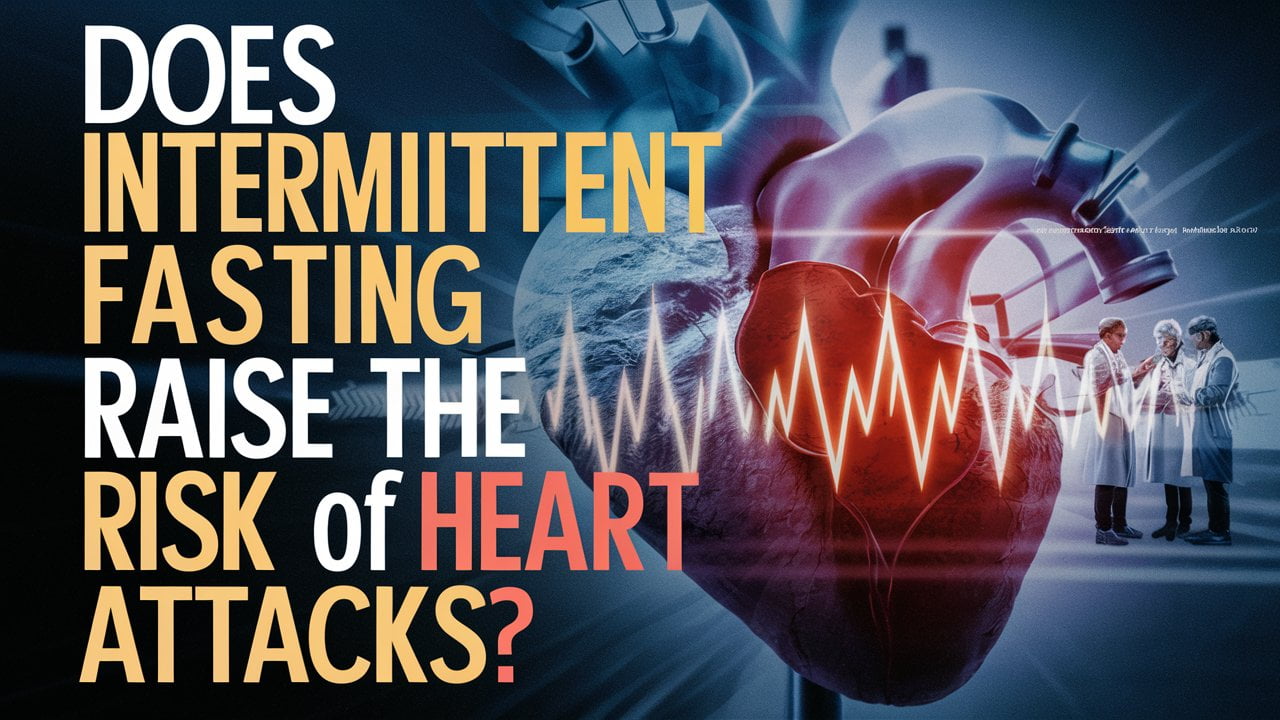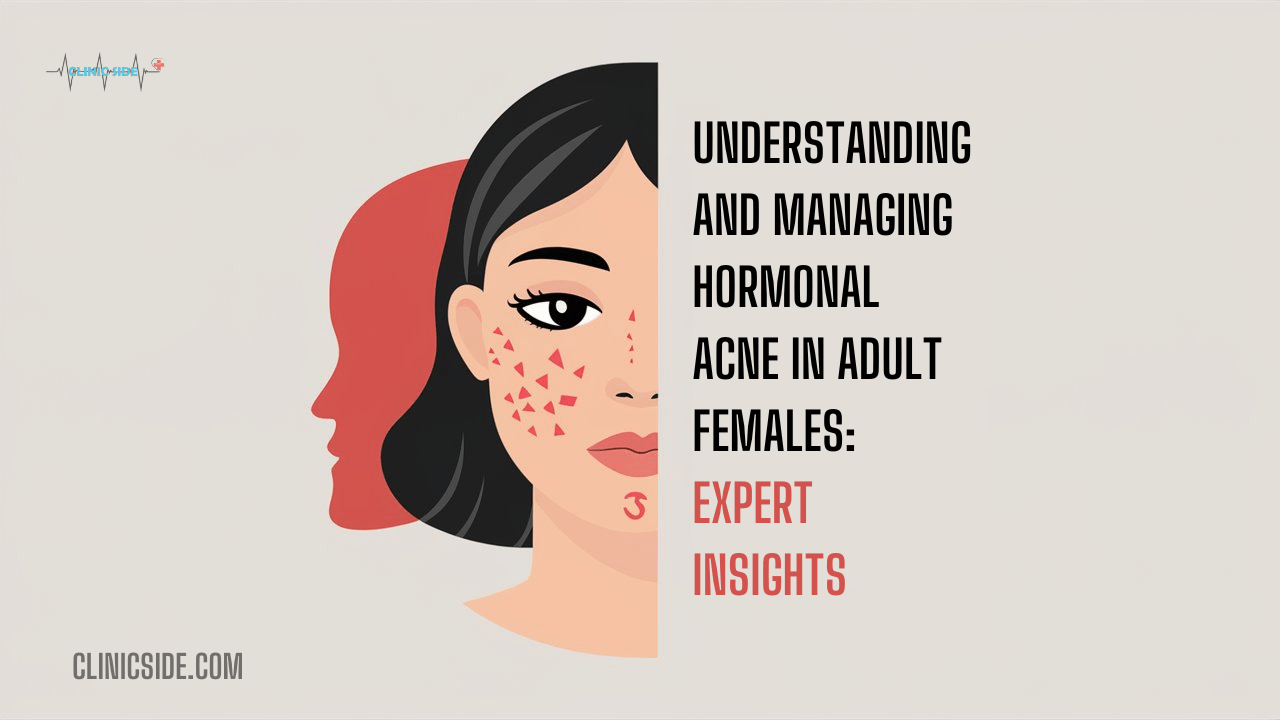Chocolate has captured hearts worldwide, but its appeal among women is truly extraordinary. From being a comforting indulgence to a period remedy, chocolate serves multiple roles in women’s lives. But what makes it so irresistible? Is it purely about taste, or does science have a deeper explanation?
This blog explores the hormonal and psychological aspects behind women’s love for chocolate, the science of cravings during periods, and why it remains an emotional favorite across generations.
Why Do Women Love Chocolate?

Chocolate isn’t just food; it’s a sensory experience. Women’s love for chocolate can be attributed to a combination of biological, emotional, and cultural factors.
- Hormonal Triggers and Brain Chemistry
- Chocolate boosts serotonin and dopamine levels in the brain, chemicals responsible for happiness and relaxation.
- It contains phenylethylamine (PEA), often called the “love drug,” which mimics the brain’s response to falling in love.
- A Natural Stress Reliever
- Women often turn to chocolate during stressful times due to its ability to reduce cortisol, the stress hormone.
- The creamy texture and rich flavor provide instant comfort and pleasure.
- Cultural and Emotional Connections
- Media and advertising portray chocolate as a symbol of love, luxury, and self-care.
- Gifting chocolate has reinforced its emotional significance in relationships and celebrations.
Why Do Women Want Chocolate on Their Period?
The relationship between chocolate and menstruation is both scientific and psychological. Let’s dive deeper into this connection.
- Magnesium Deficiency
- During periods, women often experience a drop in magnesium levels, which can lead to cravings for chocolate, a magnesium-rich food.
- Dark chocolate, in particular, is packed with magnesium, making it a go-to choice for menstrual cravings.
- The Comfort Factor
- Hormonal fluctuations during menstruation can cause mood swings, fatigue, and irritability. Chocolate’s ability to boost serotonin provides an immediate mood lift.
- The sugar content offers a quick energy boost, combating period-induced lethargy.
- The Role of Endorphins
- Eating chocolate releases endorphins, the body’s natural painkillers, which can help alleviate menstrual cramps and discomfort.
- Emotional Cravings vs. Physical Needs
- For many women, chocolate becomes a ritual during their period, combining physical relief with emotional satisfaction.
- It’s more than just a craving—it’s a form of self-care.
Why Do Girls Crave Chocolate?

Chocolate cravings are not limited to adulthood; many young girls also develop a strong fondness for this sweet treat. Here’s why:
- Early Exposure and Taste Preferences
- From a young age, girls are often introduced to chocolate as a reward or celebratory treat, associating it with happiness.
- The sweet and creamy flavor profile naturally appeals to developing taste buds.
- Biological Cravings
- Even during adolescence, hormonal changes, particularly around the onset of puberty, can trigger chocolate cravings.
- Young girls might also subconsciously seek chocolate for its serotonin-boosting effects during mood swings.
- Social and Media Influence
- Chocolates are often marketed toward younger audiences with vibrant packaging and fun campaigns, creating a strong psychological connection.
- Emotional Connection
- Adolescence is a time of emotional highs and lows, and chocolate provides a reliable source of comfort during these tumultuous years.
Health Benefits of Chocolate for Women
While chocolate is often considered a guilty pleasure, it offers numerous health benefits when consumed in moderation.
- Rich in Antioxidants
- Dark chocolate is loaded with flavonoids, which help reduce inflammation and improve heart health.
- These antioxidants also boost skin health, making it a favorite among women.
- Mood Booster
- As discussed, chocolate stimulates serotonin and endorphin production, making it a natural antidepressant.
- Cognitive Function
- Research suggests that dark chocolate improves blood flow to the brain, enhancing memory and focus.
- Supports Hormonal Balance
- The magnesium in chocolate can help regulate hormonal fluctuations, making it a great addition to women’s diets during PMS and menopause.
Is Chocolate Good for You? Myths vs. Facts
- Myth: Chocolate Causes Weight Gain
- Fact: Excessive consumption can lead to weight gain, but moderate intake, especially of dark chocolate, can be part of a balanced diet.
- Myth: Chocolate is Addictive
- Fact: While chocolate can trigger cravings, its consumption doesn’t meet the scientific criteria for addiction.
- Myth: Chocolate is Unhealthy
- Fact: High-quality dark chocolate offers numerous health benefits, including improved heart health and reduced stress levels.
- Myth: Only Dark Chocolate is Healthy
- Fact: While dark chocolate is more nutrient-dense, milk chocolate also provides a serotonin boost, though with more sugar.
How to Choose the Right Chocolate
Not all chocolate is created equal. Here’s how to make healthier choices:
- Go for Dark Chocolate
- Look for chocolate with at least 70% cocoa content for maximum health benefits.
- Avoid Added Sugars
- Opt for products with minimal added sugars and no artificial sweeteners.
- Check the Ingredients
- Choose chocolates with simple, high-quality ingredients like cocoa butter, cocoa solids, and natural sweeteners.
- Portion Control
- Enjoy chocolate in moderation—a small piece daily is enough to reap its benefits.
FAQs About Women and Chocolate Cravings
Q1: Why do women crave chocolate more than men?
Women tend to experience stronger chocolate cravings due to hormonal fluctuations, especially during menstruation, pregnancy, or menopause. These changes impact serotonin levels, making chocolate a go-to remedy for mood stabilization and comfort.
Q2: Does chocolate really help with menstrual cramps?
Yes, chocolate can help relieve menstrual cramps. Dark chocolate, in particular, is rich in magnesium, which helps relax muscles and alleviate cramps. Additionally, it releases endorphins, which act as natural painkillers.
Q3: Is it okay to eat chocolate every day?
Moderate consumption of high-quality dark chocolate (70% cocoa or more) is considered healthy. It’s packed with antioxidants and can improve mood, heart health, and brain function. However, avoid overindulging, especially in sugary milk chocolates.
Q4: Why do girls crave chocolate at night?
Cravings for chocolate at night could be linked to stress or fatigue accumulated during the day. The sugar and serotonin-boosting properties of chocolate help provide a quick source of energy and comfort, making it a popular late-night indulgence.
Q5: Is chocolate healthy for women during pregnancy?
Chocolate can be beneficial during pregnancy, especially dark chocolate. It contains flavonoids that improve blood flow and magnesium, which supports healthy muscle function. However, moderation is key to avoid excessive sugar intake.
Q6: Does chocolate cause acne?
There is no direct evidence that chocolate causes acne. However, sugary and processed chocolate varieties may contribute to inflammation, which can worsen acne in some individuals. Opt for dark chocolate with minimal sugar to minimize the risk.
Q7: Why do women prefer chocolate over other sweets?
Chocolate combines a rich, creamy texture with mood-enhancing compounds like serotonin and dopamine. These properties, along with its cultural association with indulgence and self-care, make it a preferred choice for women.
Q8: Can eating chocolate help reduce stress?
Yes, chocolate, especially dark chocolate, contains compounds like theobromine and magnesium that reduce stress by lowering cortisol levels and promoting relaxation.
Q9: What type of chocolate is best for health benefits?
Dark chocolate with at least 70% cocoa content is the healthiest option. It is low in sugar, high in antioxidants, and contains essential nutrients like magnesium and iron.
Q10: How much chocolate should women eat daily?
A small portion of 20-30 grams of dark chocolate per day is considered safe and beneficial. Overeating, especially sugary chocolates, can lead to weight gain and other health issues.
Conclusion
Women’s love for chocolate isn’t just about its taste; it’s a combination of hormonal, psychological, and emotional factors. From relieving stress and boosting mood to helping with menstrual discomfort, chocolate holds a unique place in women’s lives.
By understanding the science behind these cravings, we can better appreciate chocolate as more than just a treat – it’s a comfort, a remedy, and a source of joy.
So, the next time you indulge in a piece of chocolate, remember – it’s not just food, it’s a science-backed experience of happiness!
Read more:






Hi clinicside.com webmaster, Your posts are always well-written and easy to understand.